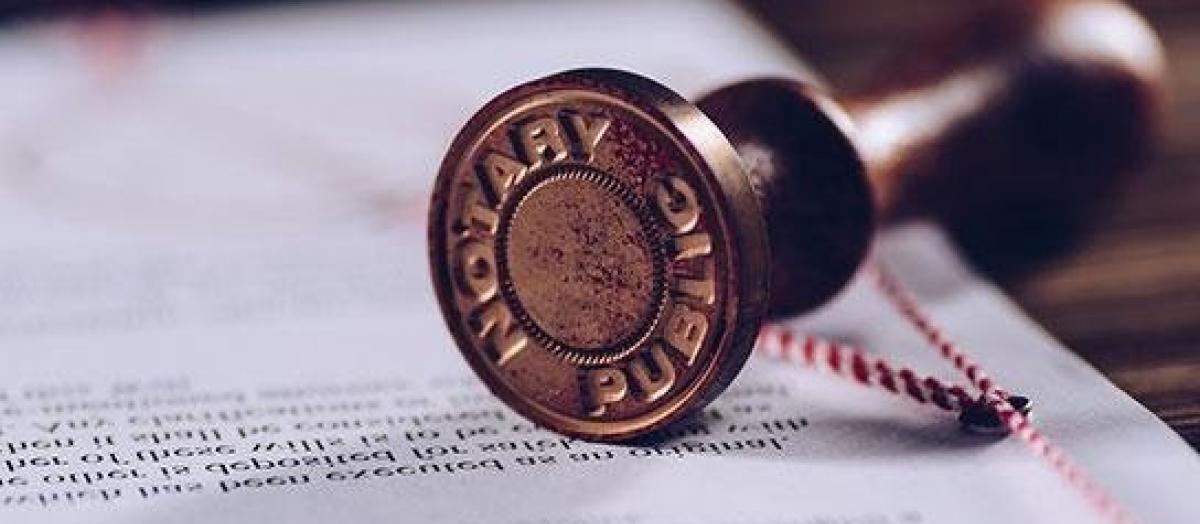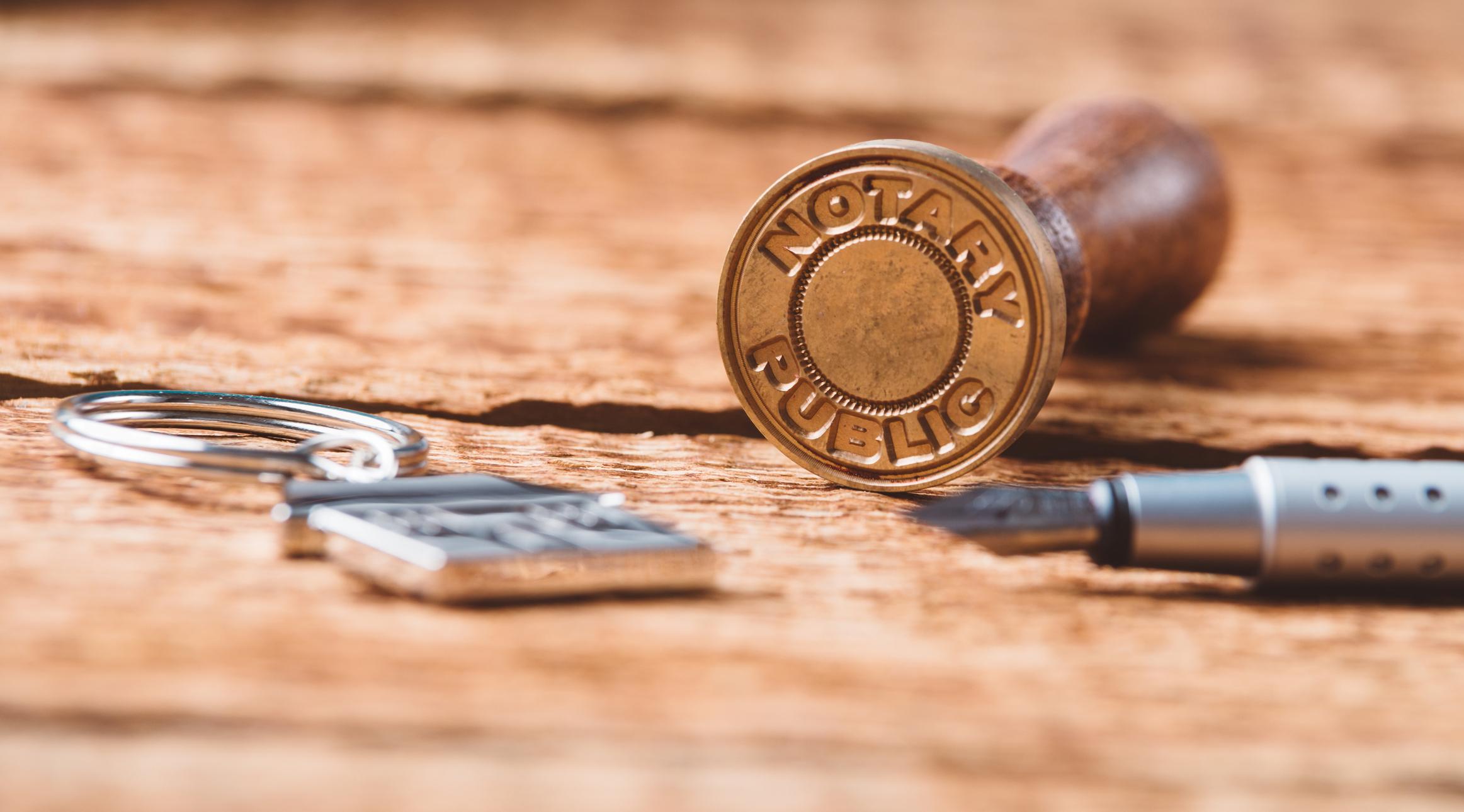Deceased Estate Management: Managing Assets and Affairs After Passing
Deceased Estate Management: Managing Assets and Affairs After Passing
Blog Article
Debunking Notarial Job: Simplifying the Duty and Value of Notaries
Their function, typically shrouded in enigma for lots of, brings considerable weight in making sure the credibility and stability of important papers. By unwinding the complexities surrounding notarial methods and losing light on the relevance of their acts, a clearer understanding arises of the essential function notaries play in maintaining the material of legal and legal agreements.
The History of Notarial Job
The background of notarial work dates back to old worlds, where scribes played an important function in tape-recording essential details and validating papers. This led to the development of notaries, individuals selected by the state to act as unbiased witnesses in lawful issues.
Throughout the Middle Ages, notaries gained importance in Europe, with their functions expanding to include composing legal papers, certifying signatures, and protecting records. The rise of global trade even more stressed the importance of notarial job in validating contracts and arrangements across boundaries.
In the contemporary era, notaries remain to play a crucial duty in lawful and company purchases by validating identifications, confirming the credibility of records, and protecting against scams. Their duty in certifying the credibility of contracts includes a layer of safety and trust fund to the ever-evolving landscape of business and law.

Responsibilities and Duties of Notaries
Notaries play a crucial function in verifying the authenticity of documents and the identity of signatures. One of their primary duties is to witness the signing of important papers, such as contracts, acts, and wills, to make sure that all celebrations are entering right into agreements purposefully and voluntarily.
They accredit copies of initial records, providing guarantee to institutions that the duplicates are real reproductions of the originals. On the whole, the responsibilities and duties of notaries are important in protecting the integrity and legality of various files and transactions - Notary.
Notarial Certificates and Signatures
Exhibiting precise interest to information, notarial certifications and trademarks work as important elements in validating the authenticity of legal papers. Notarial certificates generally contain important information such as the day of notarization, the names of the signatures, a summary of the file, and the notary's main seal. These certificates offer a clear record of the notarial act, making sure that the file can be easily recognized and traced back to the notary that oversaw the process.
Signatures play a crucial function in notarial work, as they indicate the arrangement and approval of the parties entailed. Notaries thoroughly witness the signing of records to validate the additional reading identification of the notaries and validate that they are authorizing of their own complimentary will. By affixing their official seal and signature to the paper, notaries certify that the essential treatments have been adhered to which the paper is valid and enforceable.
Basically, notarial certifications and trademarks are the trademark of credibility in lawful transactions, giving guarantee to all events included that the papers are reputable and binding.
Relevance of Notarial Acts

Notarization Process Explained
Describing the registration process offers clarity on the vital actions associated with validating legal documents. The registration process usually starts with the specific providing the paper to a notary public. The notary then validates the signer's identification via acceptable identification techniques. As soon as the identity is verified, the notary makes certain that the individual signing the paper does so voluntarily and with no browbeating.

Conclusion

Notarial certificates normally contain crucial info such as the date of notarization, the names of the notaries, a description of the document, and the special info notary's official seal. These certificates supply a clear record of the notarial act, ensuring that the document can be quickly identified and mapped back to the notary who oversaw the process.
By attaching their main seal and trademark to the file, notaries license that the required treatments have been followed and that the paper is enforceable and legitimate.
By verifying the identification of the signatures, verifying their readiness to get in into the contract, and accrediting the day and area of the signing, notaries play a vital role in maintaining the validity of lawful files.After the paper is authorized, the notary will certainly attach their main seal or stamp onto the paper.
Report this page